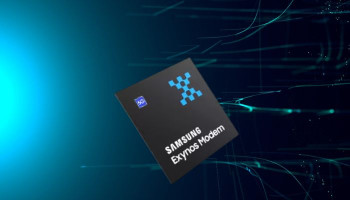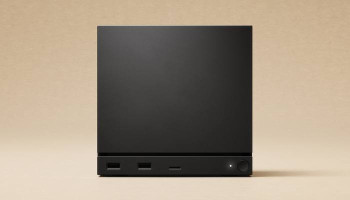
Intel has announced an important microcode update to the 13th and 14th Gen Raptor Lake Central Processing Unit (CPUs) to prevent potential crashes that could lead to damage. This raises voltage requests at idle or low activity times naturally. Motherboard manufacturers would simply patch this update into the basic input/output system (BIOS) to protect against processor damage.
Raptor Lake CPUs crashes
Some of the Raptor Lake CPUs crashed under some stability issues due to high voltage requests from them. This is permanent damage and can never be used again.
Intel’s microcode update version 0x12B might solve the problem as it controls voltage demands when idle or being used slightly.
How would an update benefit?
The microcode update would not let the processor ask for an excess amount of voltage when the processor is not under heavy load.
Read more: Meta announced Orion — World's first true augmented reality glasses
This prevents the stress of premature ageing and damage. Although the upgrade does not fix already damaged chips, this prevents what may have happened in untouched processors.
What should you do?
If your Raptor Lake processor already crashed, you might as well call Intel or your PC system provider for a warranty replacement.
But if your chip is working great, get ready to receive your motherboard manufacturer's BIOS update in several weeks. Earlier BIOS updates included prior microcode fixes and adjusting power settings that were supposed to decrease the risk of damage.
Intel's Raptor Lake processors have been troubled by instability, including an earlier oxidisation problem. Intel says, however, that laptop chips are out of the problem with the voltage issue, even though scattered reports point to the contrary.
The company has also refused to disclose the number of affected chips and specific batches that have stability problems.
















